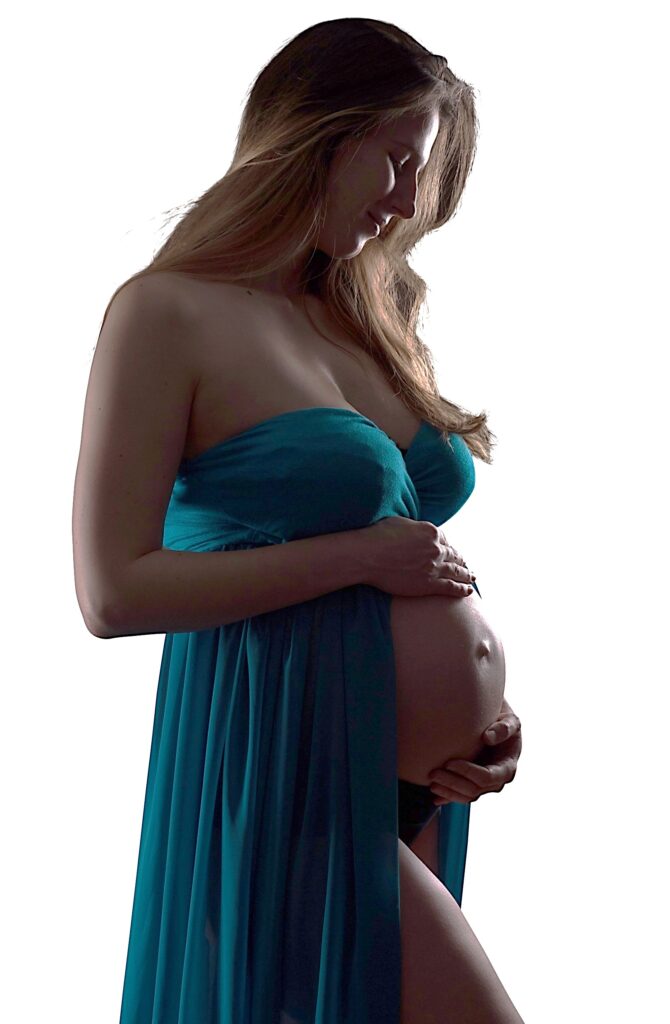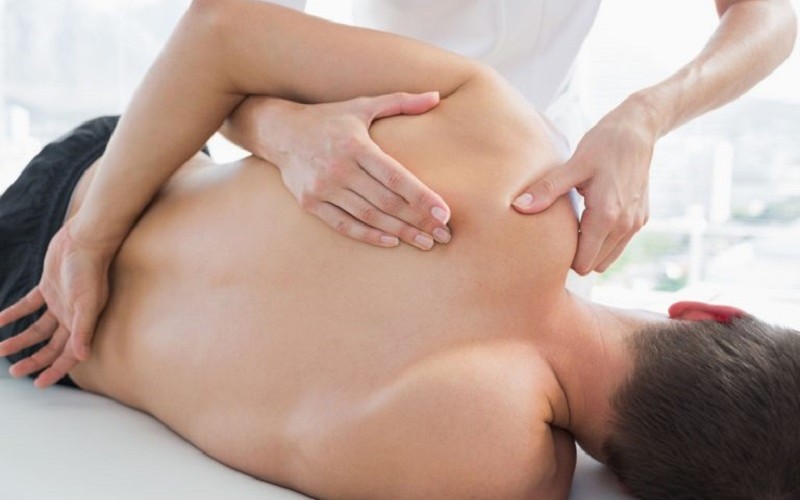Physiothérapie & Grossesse – Lausanne
Centre Philae

Bienvenue dans notre centre de physiothérapie spécialisé dans la grossesse à Lausanne !
La grossesse est bien plus qu’une simple transformation physique, c’est une révolution de toute une vie. Si l’arrivée d’un bébé est un moment de pur bonheur, elle s’accompagne également de bouleversements corporels et d’une cascade de questions qui surgissent au fil des mois. Notre équipe est ici pour vous accompagner à chaque étape.
Enceinte et en forme : toute une aventure !
L’odyssée physiologique d’une future maman
Votre 1er trimestre de grossesse
Dès le début, vous pouvez ressentir des changements. Si vous ressentez lors du 1er trimestre des nausées, des vomissements, de la constipation… ne soyez pas trop inquiète ! La cause, ce sont les modifications hormonales. Les adaptations sont essentielles pour soutenir le développement fœtal et préparer le corps à l’accouchement.
Votre 2e et 3e trimestre de grossesse
- Vos hormones augmentent impactant vos structures ligamentaires et votre humeur
- Votre cœur est plus sollicité pour les besoins de bébé
- Votre souffle est court et vous courez fréquemment aux toilettes car bébé prend de la place
- Votre sensation du corps change : le ventre s’arrondit, bébé pèse son poids, vous changer de postures plus souvent, vos articulations sont plus instables et quelques douleurs s’installent.
Accompagner la vie et se découvrir en tant que mère sont des cadeaux précieux de l’existence. C’est avec joie que je soutiens les futures et nouvelles mères à travers cette belle aventure. Solen
Douceur et Soutien à chaque Étape :
La physiothérapie au service de votre maternité à Lausanne
La physiothérapie est un atout précieux pour chaque étape de la grossesse. Chaque trimestre apporte son lot de changements, mais une chose reste constante : l’importance de prendre soin de soi. La physiothérapie est là pour vous aider à vous sentir mieux dans votre peau (et dans votre ventre) pendant cette aventure.
L’approche individualisée
Chaque grossesse est différente. C’est pourquoi nos séances sont taillées sur mesure pour vous. À la première rencontre, nous écoutons vos besoins, vos douleurs, vos attentes. C’est votre voyage, et nous sommes là pour le rendre aussi confortable que possible.
Techniques douces pour le corps
Les manipulations en physiothérapie sont délicates. Nous utilisons des méthodes douces pour soulager les maux courants de la grossesse, tels que les douleurs lombaires, la sciatique ou les inconforts posturaux. Imaginez une sensation d’allègement, où chaque tension se délie, offrant une liberté renouvelée à vos mouvements.
Conseils pratiques pour le quotidien
Au-delà des sessions, nous vous offrons des astuces et des exercices pour votre quotidien. Comment bien vous positionner pendant le sommeil, des étirements à adopter, des méthodes pour prévenir les douleurs… Chaque geste compte.
Préparation à l’accouchement
Les muscles du plancher pelvien, la respiration, les positions sont de précieux alliés pour l’accouchement. Nous vous guiderons à travers des exercices spécifiques pour vous préparer à vivre ce moment avec plus de confiance.
L’écoute bienveillante
Nos séances sont également des moments d’échange. Nous sommes là pour répondre à vos questions, pour rassurer, pour écouter. Votre bien-être émotionnel est tout aussi essentiel.
Une équipe formée pour la prise en charge de votre grossesse
Vos physiothérapeutes spécialisées à Lausanne
Nous formons une équipe solide qui est prête à travailler main dans la main avec vous. Notre mission ? Assurer que vous et votre bébé bénéficiez des meilleurs soins possibles et de faire de ce voyage une expérience merveilleuse.
Nous sommes expérimentés et formés spécifiquement en périnatalité. Nous pouvons vous guider à travers des exercices sûrs et efficaces qui peuvent être pratiqués tout au long de la grossesse.
Solen est appréciée pour sa douceur et son empathie. Attentive et présente, elle ajuste chaque séance à vos besoins et à votre évolution. Complète, elle reste disponible pour les patientes anciennement suivies et en cas de recommandations (médecins, sage-femmes, patientes…).
Clara offre une présence investie et chaleureuse. En recherche d’amélioration, elle n’hésite pas à créer des liens avec d’autres thérapeutes et vous soutient à chaque étape.
Amélie, dynamique et attentionnée, accompagne chaque patiente avec précision et engagement. Engagée, elle trouve des solutions et vous encourage tout au long de vos séances.
Géraldine vous accueille avec calme, sourire et bienveillance. Sa présence posée et respectueuse offre un cadre rassurant, propice à un suivi en toute sérénité. Jeune maman, elle comprend avec tact les enjeux de cette étape de vie.
Emilie accompagne avec joie les futurs mamans et les enfants. Dynamique et souriante, elle vous soutient tout au long de votre grossesse.

Les pathologies courantes pendant votre grossesse et notre accompagnement
Il existe une multitude de solutions pour vous accompagner. L’essentiel est de reconnaître vos symptômes et d’en parler à un professionnel de santé.
Douleurs lombaires
Probablement l’une des plaintes les plus courantes, ces douleurs au bas du dos peuvent survenir à mesure que votre centre de gravité se déplace. Des étirements ciblés, des exercices de renforcement et des conseils posturaux peuvent apporter un grand soulagement.
Sciatique
Lorsque la douleur irradie le long du nerf sciatique, cela peut devenir incommodant. Heureusement, la thérapie manuelle et des étirements adaptées peuvent diminuer cette sensation douloureuse.
Problèmes veineux
L’augmentation du volume sanguin et les modifications hormonales peuvent entraîner des sensations de jambes lourdes ou l’apparition de varices. Des bas de contention, une bonne hydratation et certains exercices peuvent aider à atténuer ces symptômes.
Dysfonctions du plancher pelvien
Essentiel à la préparation de l’accouchement, le plancher pelvien peut aussi connaître quelques faiblesses pendant la grossesse, engendrant parfois des fuites urinaires. Des exercices ciblés et des conseils pratiques peuvent renforcer cette zone et améliorer la qualité de vie.
Œdèmes et gonflements
Les pieds et les mains peuvent parfois se gonfler, surtout en fin de grossesse. Le repos, l’élévation des jambes et des massages doux drainant aident à réduire ces gonflements.
Les changements esthétiques de la Grossesse
Parlons beauté car votre peau raconte l’histoire de votre grossesse. Chaque femme vit cette aventure différemment, influencée par divers facteurs tels que l’âge, la génétique et les variations pondérales. Trois empreintes cutanées distinctes se démarquent au fil de cette période :
Les vergetures
Ces stries, souvent visibles dès le second trimestre, peuvent marquer le ventre, les seins, les cuisses ou encore les fesses. Elles résultent de la distension cutanée liée à l’évolution de la grossesse. Si l’hydratation via des huiles et crèmes peut aider à prévenir leur apparition, elles persistent souvent après l’accouchement.
Le masque de grossesse
À partir du deuxième trimestre, des pigmentation foncées peuvent surgir sur le visage. Un soin cutané doux, une protection solaire efficace et une alimentation riche en vitamine C sont recommandés. Rassurez-vous, ces marques tendent à s’estomper naturellement après l’accouchement.
La ligne nigra
Trois femmes sur quatre verront une ligne foncée se dessiner entre le pubis et le nombril durant la grossesse. Fruit des bouleversements hormonaux, elle peut se manifester soudainement ou s’intensifier graduellement. Bien que son apparition soit imprévisible, elle s’estompe généralement après la venue de bébé.
Nos autres spécialités
Quand est-ce nécessaire ?
La physiothérapie est recommandée pour les femmes enceintes qui éprouvent des douleurs ou des problèmes physiques, tels que les douleurs lombaires, une faiblesse du plancher pelvien, les jambes lourdes et gonflés.
Il est conseillé de commencer dès l’apparition des symptômes. Il n’est cependant jamais trop tard pour commencer les séances de physiothérapie.
Quelles sont les modalités pour commencer les séances ?
Une ordonnance de votre médecin est nécessaire pour débuter les séances.
Dans le cas où vous ne pouvez pas vous déplacer au cabinet, nous venons à votre domicile. Pour cela, votre médecin doit renseigner « A domicile » sur l’ordonnance.
Qu’est-ce que la physiothérapie pendant la grossesse ?
Il s’agit d’une approche douce et non invasive qui n’utilise pas de médicaments. Elle peut aider à améliorer la qualité de vie de la mère et de l’enfant en réduisant les douleurs, en améliorant la posture, la respiration et en proposant une gymnastique adaptée à chaque patiente.
Dois-je consulter un physiothérapeute ou un ostéopathe ?
L’ostéopathie est complémentaire à la physiothérapie. Je vous le recommande pour des douleurs ponctuelles. Si ces douleurs persistent, il est prudent de consulter un médecin pour éliminer toute inquiétude. Il décidera si un suivi auprès d’un physiothérapeute peut vous aider.
Combien de séance sont nécessaire ?
Une ordonnance se compose en générale de 9 séances. C’est adaptable en dialogue avec votre médecin, selon les améliorations et l’évolution de votre grossesse. Un suivi peut être rapide en 5-9 séances mais parfois il est nécessaire de vous accompagner plus longuement.











